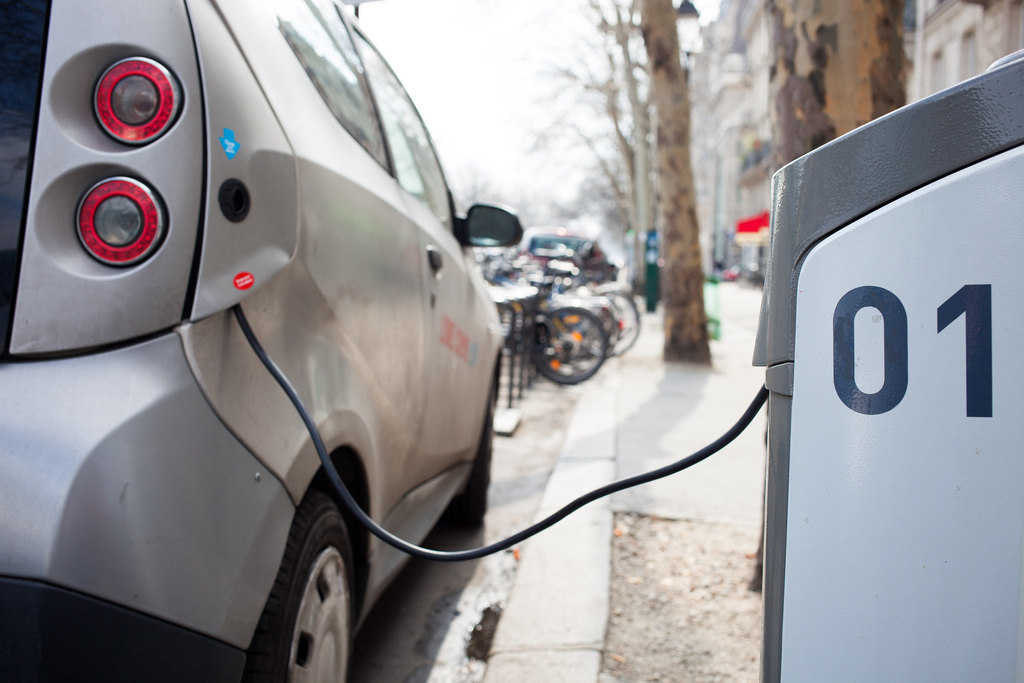Coming soon: A policy for charging stations for electric cars
India will soon unveil a policy for charging stations for e-cars. This will reduce vehicular pollution and help adopt cleaner auto technologies and boost electric cars.
India is set to announce a major policy to increase the number of charging stations for electric vehicles across the country.
“The policy will be ready in a fortnight”, the Minister of State for Power R.K. Singh told a select group of journalists. “It is necessary that a detailed plan is made for charging stations to boost the demand for electric vehicles,” he pointed out.
The policy is set to boost electric cars in India. The Modi government also plans to buy 500 electric sedans soon. Several automobile manufacturers, such as Tata, Mahindra, Hyundai and Maruti are pushing for manufacturing of electric cars.
Currently, India sells about 25,000 units annually. The infrastructure ecosystem is not well developed. Charging stations are few and far between, even though most fully-charged electric four-wheelers available in India cannot be relied upon to travel beyond 100–130 kilometres.
The cost of charging stations will be derived by calculating the average cost of purchase of power, wheeling charges plus margin, Singh said.
The cost of charging will approximately be INR 3–3.5 per kilometre. These charging stations could be set up by any power distribution companies, central public-sector undertakings or state-run PSUs. Even a state PSU can set up franchises.
India unveiled ‘National Electric Mobility Mission Plan (NEMMP) 2020’ in 2013 to address the issues of National energy security, vehicular pollution and growth of domestic manufacturing capabilities. Reiterating its commitment to the Paris Agreement, the Government of India has plans to make a major shift to electric vehicles by 2030.
Electric vehicles are not very popular in India due to the country’s poor infrastructure. But that is expected to change in the coming years.
Identifying corridors for charging stations
Singh said that possible corridors for setting up the stations have been identified and explored. People using electric cars who travel in these corridors would get access to the service. “The priority is to set it up first in metropolises and million-plus cities. This will boost the sale of electric cars,” Singh said. He said consultations have been held with the automobile industry.
Reduce dependence on fossil fuels
Promoting electric vehicles is a part of the NDA government’s larger plan. “Prime Minister Narendra Modi believes that the country will become self-reliant as India’s import of fossil fuels is too much. We will harvest wind and water to generate electricity as well,” he said.
Rising air pollution in the metros, including the national capital Delhi, is leading to rising incidences of chronic obstructive pulmonary disease (COPD) in the population.
According to a Lancet study, as many as 27 per cent of deaths in India are caused due to pollution, making it a country with the highest number of pollution-related deaths, followed by China.










